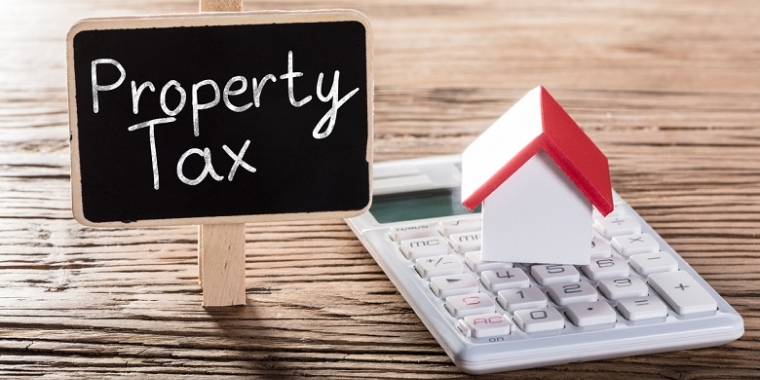Spain’s allure as a destination for property investment is undeniable, with its vibrant culture, beautiful landscapes, and Mediterranean charm. However, before sealing the deal on your dream property, it’s crucial to understand and navigate the intricacies of property purchase taxes. Fortunately, there are ways savvy investors can optimize their financial strategy and save on these taxes.
Understanding the Basics: IVA and ITP
In Spain, two primary taxes are associated with property purchases: IVA (Value Added Tax) and ITP (Property Transfer Tax). IVA, typically applicable to new constructions, stands at 10% of the property’s value. On the other hand, ITP, levied on resale properties, varies between regions but generally ranges from 6% to 10%.
Choose Your Location Wisely
One of the most significant factors influencing property purchase tax is the geographical location of your investment. Different autonomous regions in Spain have varying tax rates and regulations. For instance, the Balearic Islands might impose a higher ITP compared to the Canary Islands. Researching and strategically choosing a region with favorable tax conditions can result in substantial savings.
Consider Property Valuation
When determining property taxes, the Spanish authorities rely on the declared value of the property. While the tax value may not always align with the market value, it’s essential to strike a balance. Undervaluing the property may trigger suspicion and lead to legal consequences. However, a fair and accurate valuation can help you minimize the tax burden.
Timing is Key
Timing your property purchase can significantly impact the taxes you pay. Keep an eye on any tax incentives or reductions that may be offered during specific periods. Some regions may provide temporary tax breaks to stimulate the real estate market. Being strategic about when you make your purchase could translate into notable savings.
Explore Exemptions and Deductions
Certain property transactions may qualify for exemptions or deductions, providing avenues for tax relief. For example, first-time buyers may be eligible for reduced rates or exemptions on property transfer tax. Additionally, renovations and energy-efficient upgrades can sometimes lead to tax deductions. It’s essential to familiarize yourself with the available exemptions and leverage them to your advantage.
Seek Professional Advice
Navigating the intricate landscape of Spanish property taxes can be challenging. Seeking guidance from local experts, such as tax consultants or real estate attorneys, can be invaluable. They can provide personalized advice based on your specific circumstances, ensuring that you make informed decisions and capitalize on available tax-saving opportunities.
Conclusion
In conclusion, while property purchase taxes are an inevitable part of buying real estate in Spain, there are proactive steps you can take to optimize your financial strategy. Choosing the right location, timing your purchase, considering property valuation, exploring exemptions, and seeking professional advice are all key elements in the quest to save on property taxes. By approaching the process with diligence and strategic thinking, you can turn the dream of owning property in Spain into a financially prudent reality.

